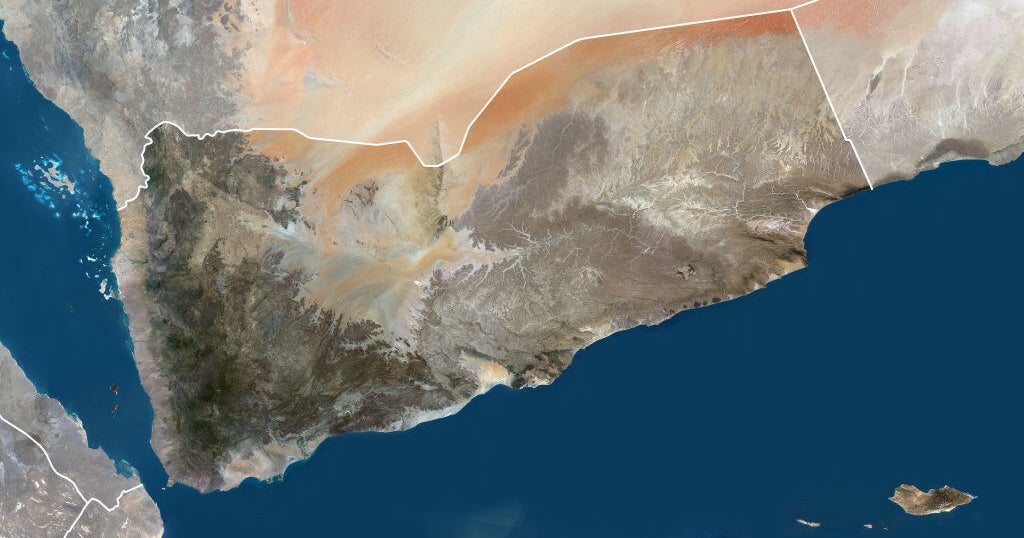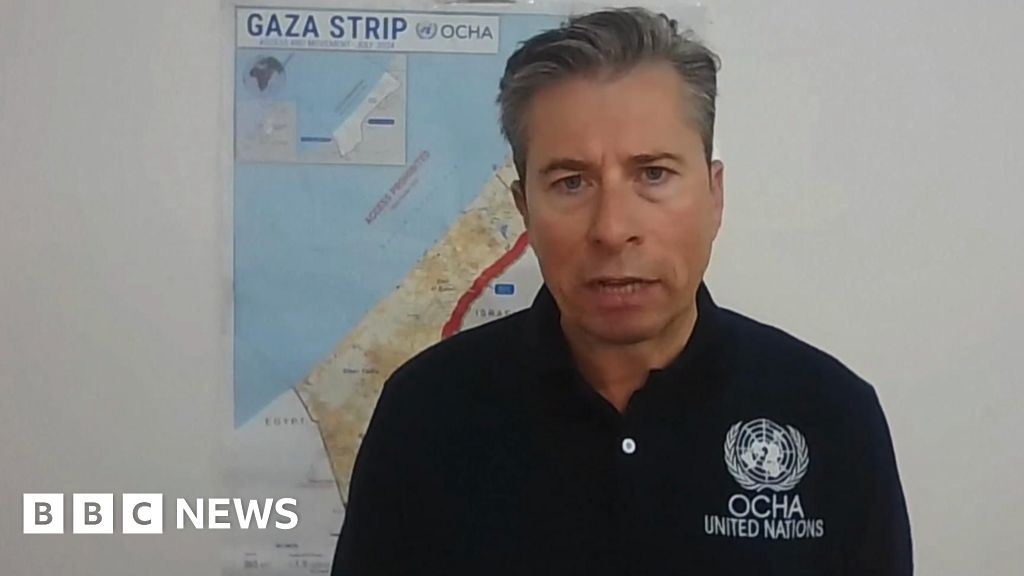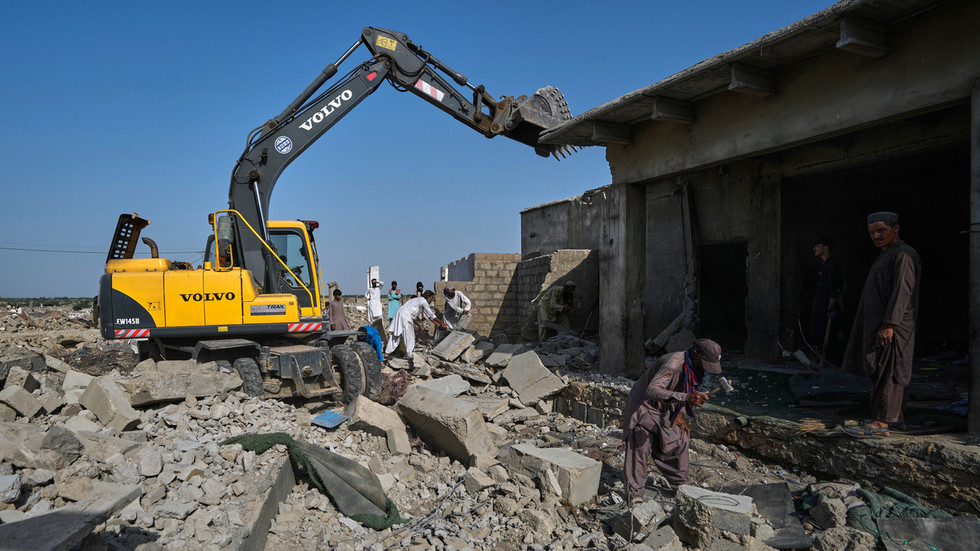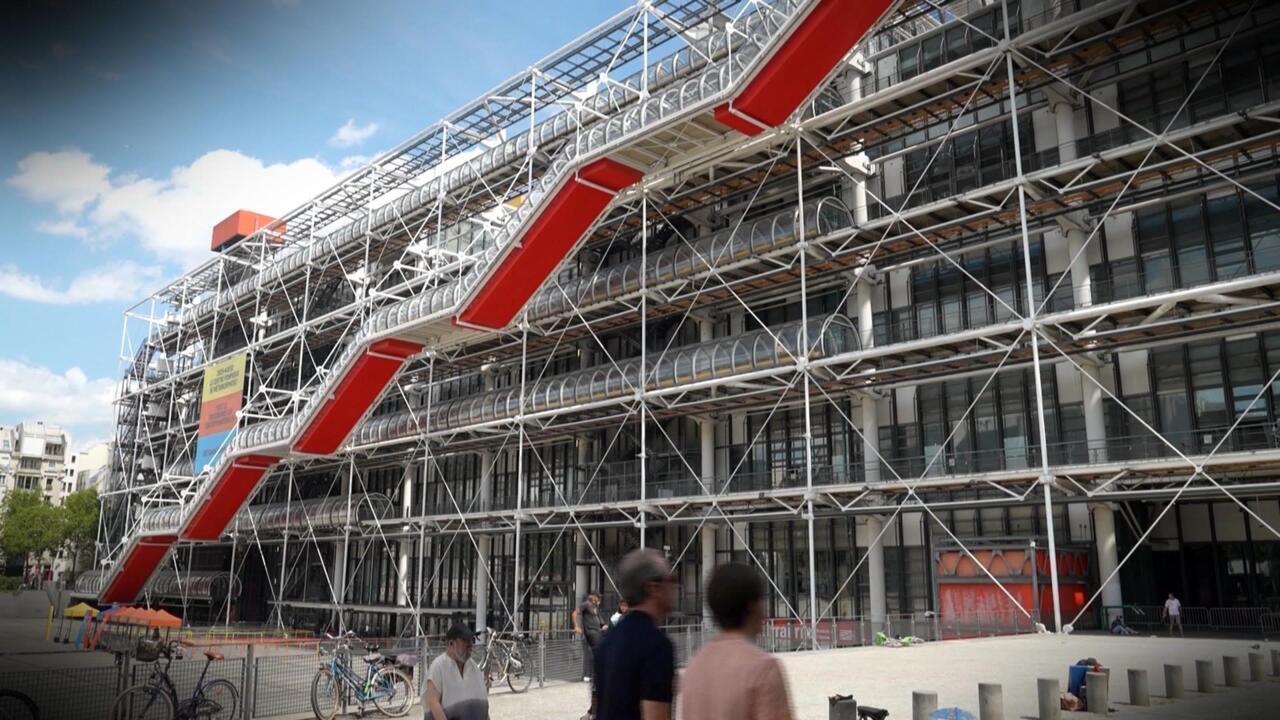MAIDUGURI, Nigeria -- Israel Peter was 6 years old when Boko Haram Islamic extremists attacked his village in northeastern Nigeria and his family fled. Eight years later, he still hasn’t returned to school.
A rare opportunity to change that disappeared this year, when a nonprofit offering free education to Boko Haram victims rejected Peter’s application. It cited the abrupt loss of U.S. funding as the Trump administration dismantled the U.S. Agency for International Development. Multiple backers of the school had received USAID funding.
“Now my future will not be great,” said Peter, who dreams of being an engineer. His trembling voice was barely above a whisper. He spends his days helping out at his father’s small farm. They cannot afford to pay school fees.
The school run by the Future Prowess Islamic Foundation has benefited 3,000 children in Borno state, the epicenter of the 16-year conflict with Boko Haram that has displaced and orphaned many.
Boko Haram, which wants to establish Islamic law in the region, forbids Western education and rose to global prominence after its mass abductions of students.
The Associated Press visited the region to document how funding cuts by the U.S., Nigeria’s once biggest donor, have affected civilians in one of the world’s longest-running conflicts. More than 35,000 people have been killed and 2.6 million others displaced in parts of Nigeria, Cameroon, Niger and Chad.
With U.S. funding gone, the school has let go of 700 of its 2,200 students as well as 20 teachers, officials said, with no new enrollment and further cuts likely.
Millions of people in the region have relied heavily on aid groups and foreign partners to survive. USAID had funded a range of projects, from healthcare to education and social welfare, disbursing $1.5 billion to Nigeria between 2023 and 2024. Now, only a few projects like PEPFAR survive.
Other funders like Britain have been pulling back, too, citing pressing financial needs at home.
“USAID’s reach was vast, benefiting millions of Nigerian children. Its sudden withdrawal has created a critical void that must be urgently addressed,” said Crystal Ikanih-Musa, a former Africa regional advocacy manager for the Malala Fund, which focuses on education.
The Borno state commissioner, Lawan Clark, asserted to the AP that the impact of the U.S. funding retreat is not significant on education, as donors primarily focus on helping students learn within existing structures.
But many families like Peter’s can’t afford them.
Despite having the highest number of out-of-school children in the world — over 10 million, according to UNICEF — Nigeria’s government funds education at between 4% and 7% of its federal budget. That’s short of the 15% to 20% global benchmark recommended by UNESCO.
The impact of the under-funding is far worse in the northeast, where conflict has ruined key infrastructure and families are preoccupied with survival.
The Future Prowess Islamic Foundation school was founded in Borno state in 2007, two years before the fighting began, initially providing education to orphans. But its mission expanded to support children affected by the conflict.
Now school officials and aid groups worry that children they can no longer support might end up being welcomed by the extremists.
“With what is happening, they don’t have to be recruited; they are only going to go back to the hinterland to start fighting,” school founder Zannah Mustapha said.
Some of the children who applied to study there are former Boko Haram members who defected and renounced violence, Mustapha said. It was not clear whether any of them were among the students let go.
His fears were echoed by analysts who say Boko Haram is known to recruit vulnerable child fighters.
The situation “can only play into the hands of jihadists, known to exploit issues like this to their advantage,” said Malik Samuel, a Nigerian security researcher at Good Governance Africa.
In a region with few options for education, the Future Prowess Islamic Foundation has been credited with giving thousands of children over the years a rare chance to achieve their dreams.
Yusuf Mustapha, a graduate, is now a final-year computer science student at a university in Nigeria’s southwest. His parents were killed by Boko Haram.
“If I did not go to this school, I don’t know how my life would have been because I did not have anybody to sponsor my education, even the food I was eating,” the 21-year-old said.
Although primary education is officially free in Nigeria, parents in most states including Borno still pay fees for maintenance and other needs that often range from 5,000 naira ($3.27) to 15,000 naira ($9.80). That can be a month’s earnings for many in one of the world’s poorest countries.
Ramatu Usman is among the students dropped by the school this year, just one session before her high school exams. She had wanted to study medicine. Now she spends her days knitting caps for sale.
Her despairing mother, Hajara Musa, said she cries every day for her daughter and has been trying to solicit funds for her to return to school. It hasn’t been easy.
“A quality school is very important, especially in this (dangerous) environment,” she said. “Those who don’t go to school, their lives are miserable.”
___
For more on Africa and development: https://apnews.com/hub/africa-pulse
The Associated Press receives financial support for global health and development coverage in Africa from the Gates Foundation. The AP is solely responsible for all content. Find AP’s standards for working with philanthropies, a list of supporters and funded coverage areas at AP.org.

 1 month ago
13
1 month ago
13










 English (US) ·
English (US) ·